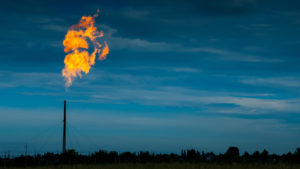
Aquafeed opportunity attracts pioneers from fields afar
As business leaders switch focus from biofuels and energy to food security, one convert dubs the aquafeed opportunity a needed “redeployment” of knowledge.
A Singapore-based company aims to make Lesotho, a nation of 2 million people, known for a local fish that’s truly anything but local: Atlantic salmon.

As business leaders switch focus from biofuels and energy to food security, one convert dubs the aquafeed opportunity a needed “redeployment” of knowledge.
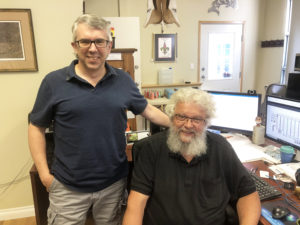
JLH Consulting has spent the last four years working on a better RAS setup designed to prevent overcrowding of fish and ultra-low energy demand.
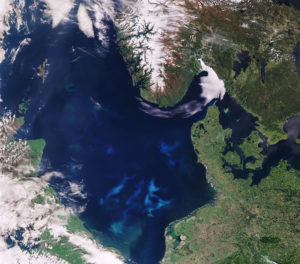
The causes and effects of harmful algal blooms have only been studied recently, as damage to the global aquaculture industry mounts.
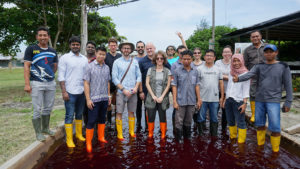
Because shrimp farmers lack accurate in-pond inventory, startup Minnowtech is on the verge of offering a data-driven solution. It’s got something to do with jellyfish.
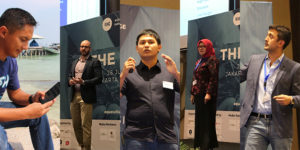
The Aquaculture Innovation Challenge, a contest organized by Netherlands-based Seafood Trade Intelligence Portal, sought to give Indonesia’s struggling shrimp sector a boost.
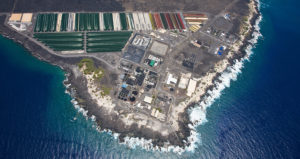
The Big Island of Hawaii, home to one of the world’s most innovative and diverse aquaculture centers, will host the next Hatch cohort.
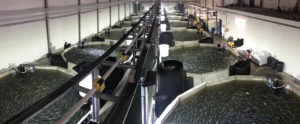
The impact that recirculating aquaculture systems, or RAS, will have on European production remains to be seen, but the general vibe is positive.
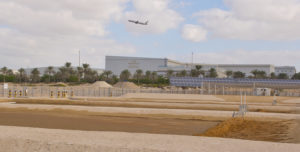
The Seawater Energy and Agriculture System at Khalifa University in Masdar City, UAE, is applying aquaculture concepts to biofuel production for airlines.
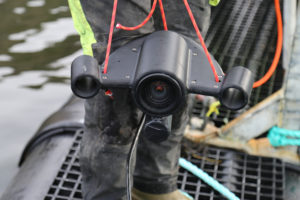
Innovations to combat sea lice are in the pipeline as ambitious new companies employ a combination of innovative technological and scientific methods.
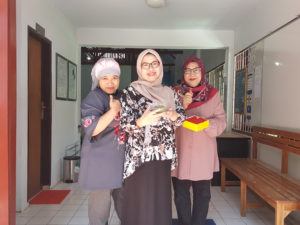
The Aquaculture Innovation Challenge finds sustainable innovations and helps developers gain access to the knowledge, networks and capital needed to grow.
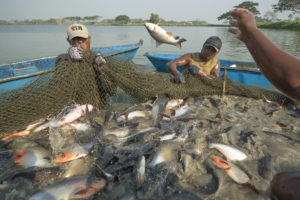
The Nature Conservancy and a New York investment firm issued a field guide for parties interested in accelerating the sector’s future sustainably.
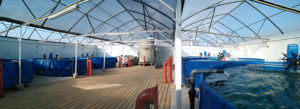
BioFishency's two products, the Single Pass BioFilter and the Mini-RAS, each aim to improve the survival, growth and reproduction rates of fish, which increases profitability and sustainability for the farmer.
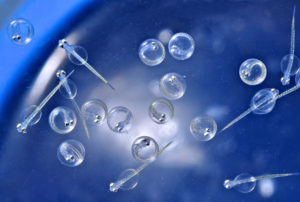
The Netherlands-based investment fund is backing a proprietary micro-encapsulation technology that aims to replace live-feed needs for early-stage fish and shrimp.
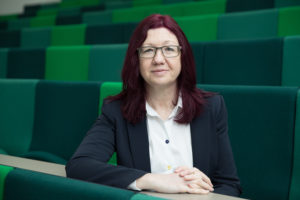
Professor Selina Stead, the new head of the Institute of Aquaculture (IoA) at the University of Stirling in Scotland, assumes her post on March 1 and will be in charge of 180 staff and students, and in regular contact with a global network of partners and businesses.
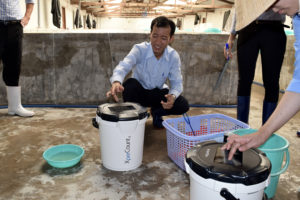
XpertSea does more than count fish. It uses AI and computer vision to calculate growth rates and optimal harvest dates to improve aquaculture efficiency.